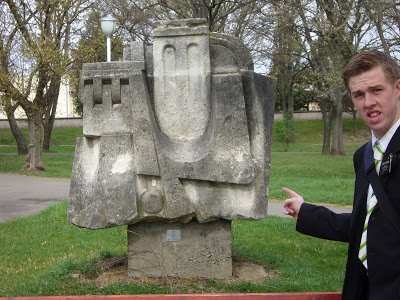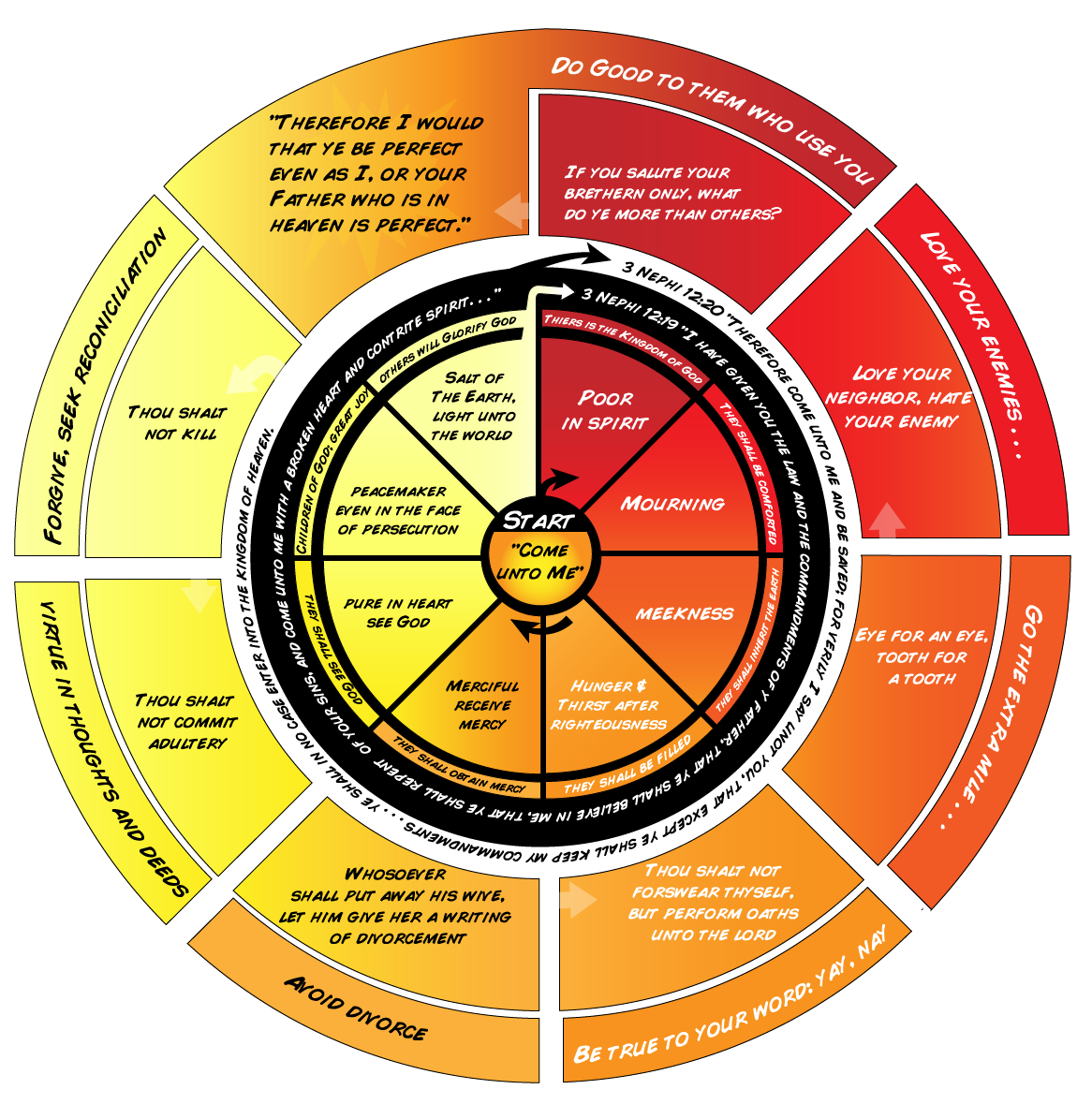Context
[dropcap]In Elder’s Quorum we were recently discussing Elder Christofferson’s talk on Chastisement from April General Conference. In his introduction he quoted a talk given by Dallin H. Oaks in October 2000 General Conference entitled, “The Challenge to Become”. He said,[/dropcap]“The Final Judgment is not just an evaluation of a sum total of good and evil acts—what we have done. It is an acknowledgment of the final effect of our acts and thoughts—what we have become. It is not enough for anyone just to go through the motions. The commandments, ordinances, and covenants of the gospel are not a list of deposits required to be made in some heavenly account. The gospel of Jesus Christ is a plan that shows us how to become what our Heavenly Father desires us to become.”
As I was pondering Elder Christofferson’s use of this quote by Elder Oaks in his opening statements, it occurred to me that the idea expressed by Elder Oaks is a key reason chastisement and rebuke are so good for us. It is because it is not about what we do in this life, but what we become that receiving correction is so valuable.
Personal Story
In high school and after my mission in college, I worked in fast food to pay the bills. I found that I was the recipient of two types of feedback:
- Constructive feedback from supervisors and managers that helped me become a better employee (and eventually a manager).
- Feedback that only focused on pointing out anything and everything I had done wrong.
Now in hindsight, I realize that my personal biases and preparedness to receive feedback had two general types:
- I was eager to learn and improve and graciously accepted the feedback as useful and instructional.
- I found the feedback frustrating and annoying because it felt impersonal, self-serving or just downright picky.
The Graphic
Returning to Elder Oaks, he identifies two different paradigms of judgment. There is what we have done and what we have become. Consider this in terms of chastisement. When we give feedback to others, are we focusing on their actions, what they have done, or are we trying to help them become something better? Likewise when we are the recipient of chastisement, do we take it as a personal attack (focusing on what we have done) or do we take it as something that will help us become better?
To, illustrate this idea, I present the “Do/Be Matrix: Giving and Receiving Chastisement”
Ask yourself, when I find myself in one of these categories, what does it look like? How do I normally behave? Considering questions like this can help us increase our awareness which provides the Spirit opportunities to teach and instruct. I’ll share below some of my thoughts:
DO/DO
Sometimes we approach feedback, we take an ‘eye for an eye’ kind of approach:
Oh like you should talk . . . last time you took all the hot water and made us five minutes late to church!
Neither side hardly gets anything out of this kind of exchange and a lot of times results in someone going too far and hurting someone’s feelings.
BE/DO
D&C 121 counsels us to follow our reproof “afterwards [with] an increase of love toward him whom thou hast reproved, lest he esteem thee to be his enemy;
“That he may know that they faithfulness is stronger than the cords of death,” (D&C 121:43).
This is the best description that I can think of that helps us move from Be/Do to Be/Be.
DO/BE
My thoughts turned to the experiences of the many of the Nephites during the great Nephite-Lamanite wars in the Book of Alma. Alma 62, verse 41 reads:
“But behold, because of the exceedingly great length of the war between the Nephites and the Lamanites many had become hardened, because of the exceedingly great length of the war; and many were softened because of their afflictions, insomuch that they did humble themselves before God, even in the depth of humility.”
While all the Nephites had relatively the same experience (To Do), some had allowed that experience to bring them closer to God (To Be). Others became hardened, slipping into the DO/DO category.
BE/BE
In April 2011 General Conference, Lynn G. Robbins shared the following,
“Through discipline the child learns of consequences. In such moments it is helpful to turn negatives into positives. If the child confesses to a wrong, praise the courage it took to confess. Ask the child what he or she learned from the mistake or misdeed, which gives you, and more important, the Spirit an opportunity to touch and teach the child. When we teach children doctrine by the Spirit, that doctrine has the power to change their very nature—be—over time.
“Alma discovered this same principle, that “the preaching of the word had a great tendency to lead the people to do that which was just—yea, it had had more powerful effect upon the minds of the people than the sword” (Alma 31:5; emphasis added). Why? Because the sword focused only on punishing behavior—or do—while preaching the word changed people’s very nature—who they were or could become.”
Consider for yourself what each of these zones of the Do/Be Matrix look to you. By being more aware, you will be in a position to focus more on the ‘be’ and facilitate true gospel progression.
Thanks for reading.


![By Carl Heinrich Bloch (http://freechristimages.org) [Public domain], via Wikimedia Commons](https://upload.wikimedia.org/wikipedia/commons/5/53/Gethsemane_Carl_Bloch.jpg)





You must be logged in to post a comment.